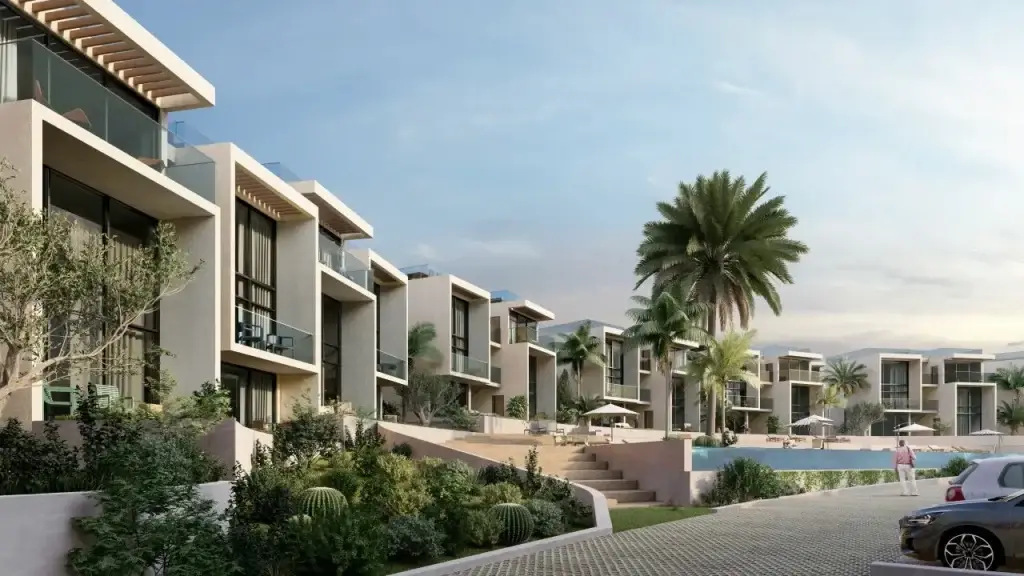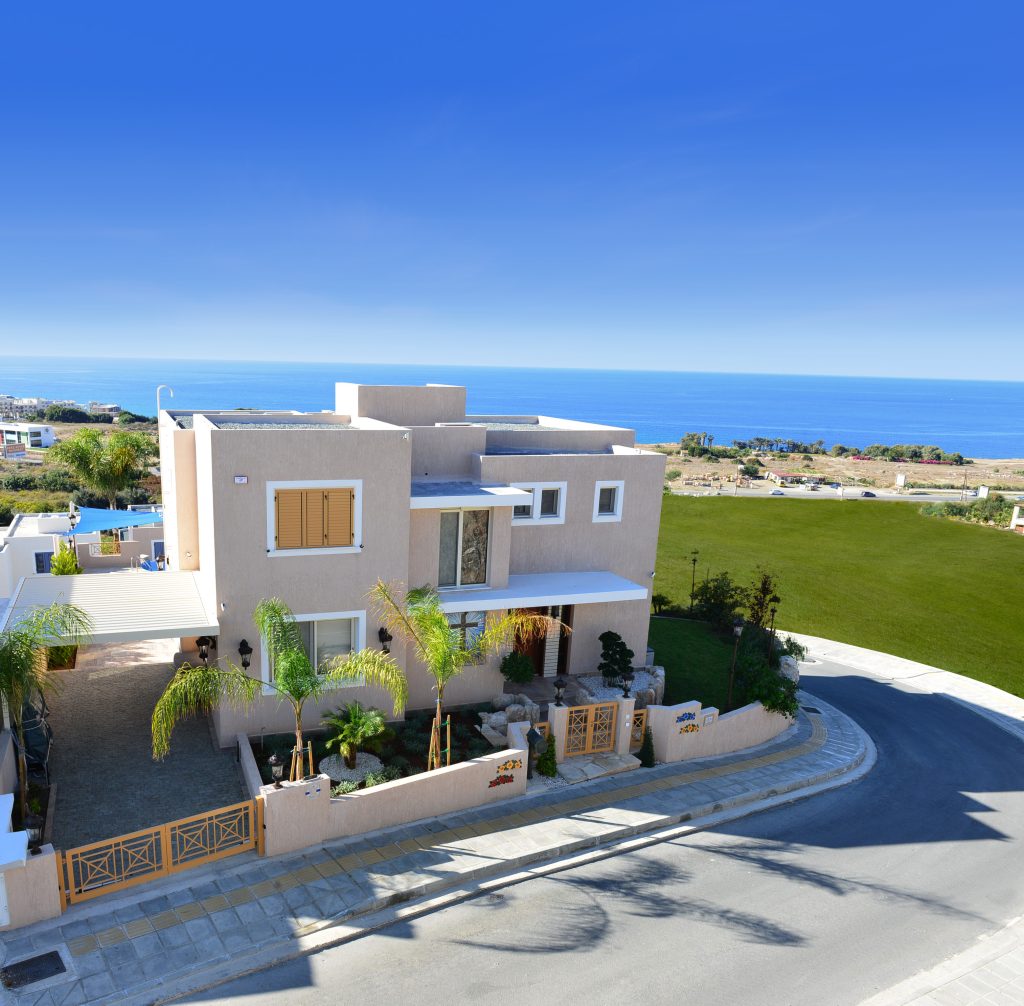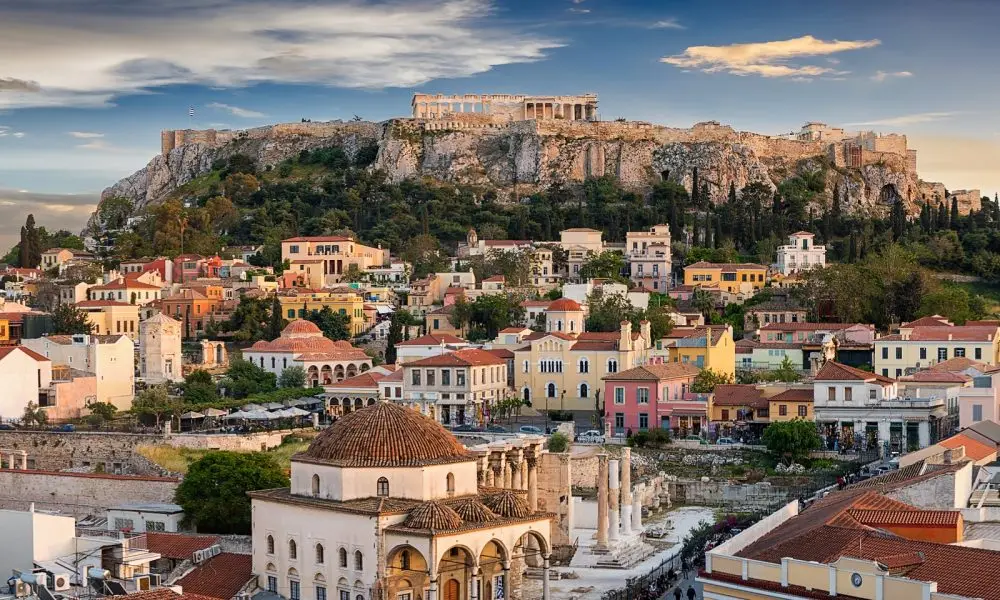On an island where the sun shines 340 days a year and taxes don’t warm the air any more than necessary, powerful reasons to invest in Cyprus property have developed. Financial rationality is combined with European comfort. The benefits are not advertised here – they are proved by figures, stability and concrete stories.
Taxes that don’t squeeze
The Cypriot tax system for investors is characterised by simplicity and predictability. The capital gains rate on the sale of properties is 0% if the property is not a business. Corporate tax is 12.5%, one of the lowest in the EU.
The absence of inheritance tax and exemption from dividend tax for non-residents reinforce the benefits of property investment in Cyprus. This tax architecture allows not just to preserve capital, but to systematically increase it.
Liquidity and price growth
 The island has seen a steady rise in prices, with over 45% since 2016 in popular areas including Limassol, Nicosia and Paphos. The reasons to invest in residential property are reinforced by limited supply, especially on the coast, and demand from EU and Middle Eastern nationals.
The island has seen a steady rise in prices, with over 45% since 2016 in popular areas including Limassol, Nicosia and Paphos. The reasons to invest in residential property are reinforced by limited supply, especially on the coast, and demand from EU and Middle Eastern nationals.

High liquidity is ensured by an active domestic market and attractiveness to foreign buyers. Properties in central locations are renting for 5-7% per annum. With the right choice, the asset turns into a source of stable income, not just a worthwhile asset.
Rental yield and commercial potential
Commercial properties in Cyprus offer yields of up to 8-10% per annum, especially in Larnaca and Ayia Napa, where tourist and logistics areas are developing. Long-term leases provide stable payments, short-term leases maximise returns in season.
Reasons to invest in residential or commercial property include rental potential. Major IT companies relocating after 2022 have created demand for offices and premium accommodation. Especially in Limassol, which has become known as the “Silicon Quay”.
Permanent residence through purchase: an easy way to the EU
The way into the European legal framework is through permanent residence in Cyprus through property investments. The minimum threshold is €300,000 in a new building. The term of registration – 2-3 months. The residence permit is valid indefinitely, subject to retention of ownership of the property.
This mechanism does not require passing exams, language skills or permanent residence. The purchase provides status and peace of mind, especially against the background of unstable regions. Reasons to invest in Cyprus property include this tool of legal, predictable migration traffic.
Safety
The safety of life in Cyprus exceeds the European average: the crime index is 36 out of 100, similar to the Czech Republic and Austria. The streets of Larnaca and Paphos remain calm even at night. Crime news here is as rare as rain in August.
This is an important factor for investors, especially family investors who are considering relocation or long-term rentals. Confidence in the future and the safety of the asset is part of why the market is stable and attractive.
Sustainable market and openness to foreigners
The property market shows stability: even in the crisis years there was no collapse. Foreigners account for up to 30% of buyers, and in some regions – more than 50%. Registration of transactions is under the control of the Land Department, which excludes fraud.
The reasons to invest in Cyprus property are strengthened by the transparency of legislation, the absence of double taxation with a number of countries and clear rules for non-residents. This market is not just open, it invites mutually beneficial co-operation.
Infrastructure, medicine and comfort of everyday life
Health care offers a European level of service with a flexible choice between the public and private sectors. Private clinics in Nicosia, Limassol and Paphos are included in international accreditations, providing services in English, Greek and Russian.

The GESY system covers all residents and residence permit holders, providing access to a wide range of specialists. The average cost of an appointment is €15-20, making treatment affordable while maintaining quality. This reinforces the reasons to invest in Cyprus property for long-term residence and rental accommodation for families and retirees.
Cyprus property: income, status, protection
The benefits of asset ownership are not limited to returns. The investor receives not only profits, but also currency protection, multi-access to EU jurisdictions and a reputational asset. Property becomes an instrument of financial and personal security.
Investments in premium apartments, villas by the sea or boutique hotels demonstrate a return on investment of 8-11 years with a competent management model. New complexes in Larnaca and Paphos offer an option with guaranteed returns and turnkey management. A loyal tenant base is being formed due to the high standard of living and the region’s status as an international relocation centre.
Cyprus market open to new formats
The market is constantly adapting to new demands. After 2022, segments have become more active: digital offices, flexible spaces, properties for expats. This renews the reasons to invest in residential property, especially when choosing a commercial destination.
Construction companies are offering deferred payment terms, lowering the starting barrier to entry. Government measures to digitalise transactions and introduce green certificates increase the attractiveness of a new fund. Projects aimed at energy efficiency and autonomy – the trends of the coming years – are emerging.
Reasons to invest in Cyprus property: summarise
 The way of investing in facilities combines financial efficiency with the comfort of living. The key advantages of investing in the housing market are concentrated in specific benefits:
The way of investing in facilities combines financial efficiency with the comfort of living. The key advantages of investing in the housing market are concentrated in specific benefits:
- Taxes are low, plain and simple.
- Permanent residence permit – can be issued without bureaucracy and is valid indefinitely.
- Yield – 5-10% per annum depending on the type of lease.
- The market is steady, with prices predicted to rise.
- Liquidity is high due to demand from foreigners.
- Safety is above the European average.
- Health care – European quality, including the private sector.
- High standard of living – average life expectancy is 82 years.
- Property in Cyprus for foreigners – no restrictions on purchase.
- Pros of buying property in Cyprus – legal transparency, protection of rights.
This combination of factors makes island property an asset that is resilient to crises and fluctuations. With the right strategy, investments bring not only income but also strategic advantages.
 en
en  de
de  ar
ar  es
es  nl
nl  hi
hi  fr
fr  it
it  pt
pt  el
el 









